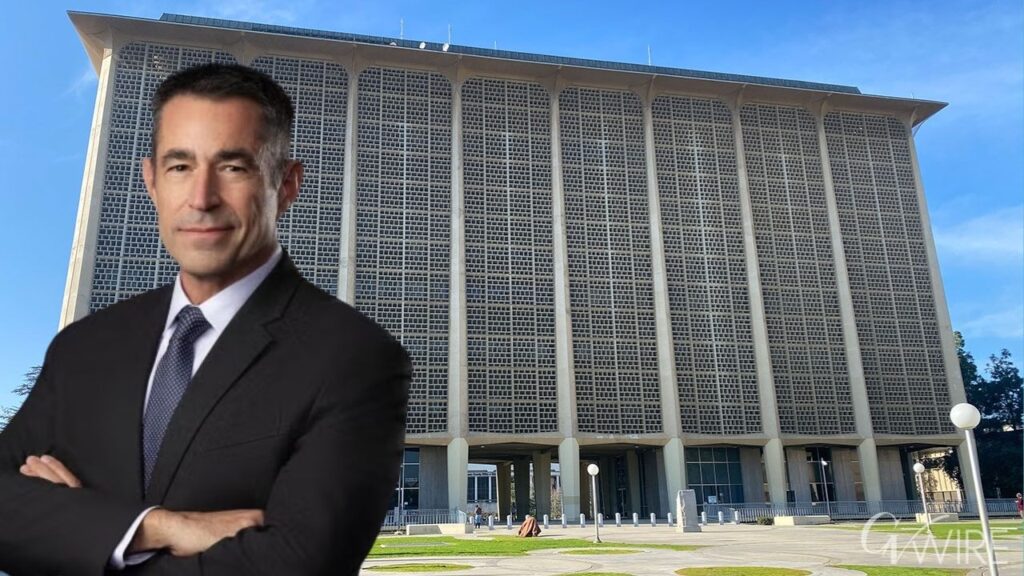Share
By happenstance, events in the final week of September perfectly framed what one might call the California Paradox — a thriving, world-class economy with stubbornly high levels of poverty and a widening divide between the haves and have-nots.
The week began with Gov. Gavin Newsom’s keynote address to a United Nations-sponsored forum on the environment and economic growth, in which he crowed about California’s economic achievements.

Dan Walters
Opinion
“As we change the way we produce and consume energy, it is spawning new companies, new energy, new growth. We lead in venture capital and green tech. Five to one — five to one, the number of clean energy jobs in the state of California versus fossil fuel jobs.”
But a few days later, the Census Bureau released new state-by-state data on income and poverty, underscoring once again that California is one of the leaders in both categories.
One of Only Five States in Which Inequality Rose
While California’s median personal income rose by 2.3% in 2018 to $75,277, one of the nation’s highest levels, it was one of only five states in which the “Gini index,” which measures income inequality, increased.
“New census figures released today show rising income inequality across the state and millions of California residents who are struggling to get by on extremely low incomes, while higher-income households experienced more income growth,” the California Budget & Policy Center said in its analysis of the Census Bureau data.
The organization noted that “from 2006 to 2018, the median household income in California increased by 6.4%, after adjusting for inflation, but the average real income for the lowest quintile of households (those in the bottom 20%) actually decreased by 5.3% while the inflation-adjusted average income for the top 5% of households increased by 18.6%, or nearly three times as much as the increase in the median income.”
The California Paradox
That analysis is in line with another recent measure of wellbeing by an organization called the “Social Progress Imperative.” It merges dozens of economic and other factors to generate a “social progress index” for nations and their subdivisions, including states — and California doesn’t fare well.
It ranks 33rd among states and not surprisingly, its housing crisis is a major reason why. The index places it at 49th in the category of “basic human needs,” which includes a 50th place in “shelter.”
Finally, a few days after Newsom bragged about California’s economic achievements to the elite economic gathering in New York, UC Berkeley’s Institute of Governmental Studies released its latest poll, revealing that half of the state’s voters have considered leaving the state.
“The high cost of housing (71%) is the most common reason given by voters for wanting to leave California,” polling director Mark DiCamillo said. “However, high taxes (58%) and the state’s political culture (46%) are also prominently mentioned, particularly by Republicans and conservatives.”
Moreover, just 50 percent of those surveyed agree that California is now the best place to live.
There you have it, the California Paradox.
CalMatters is a public interest journalism venture committed to explaining how California’s state Capitol works and why it matters. For more stories by Dan Walters, go to calmatters.org/commentary.
[activecampaign form=31]
RELATED TOPICS:
Categories

Renee Good’s Relatives Speak to Lawmakers in Washington

















